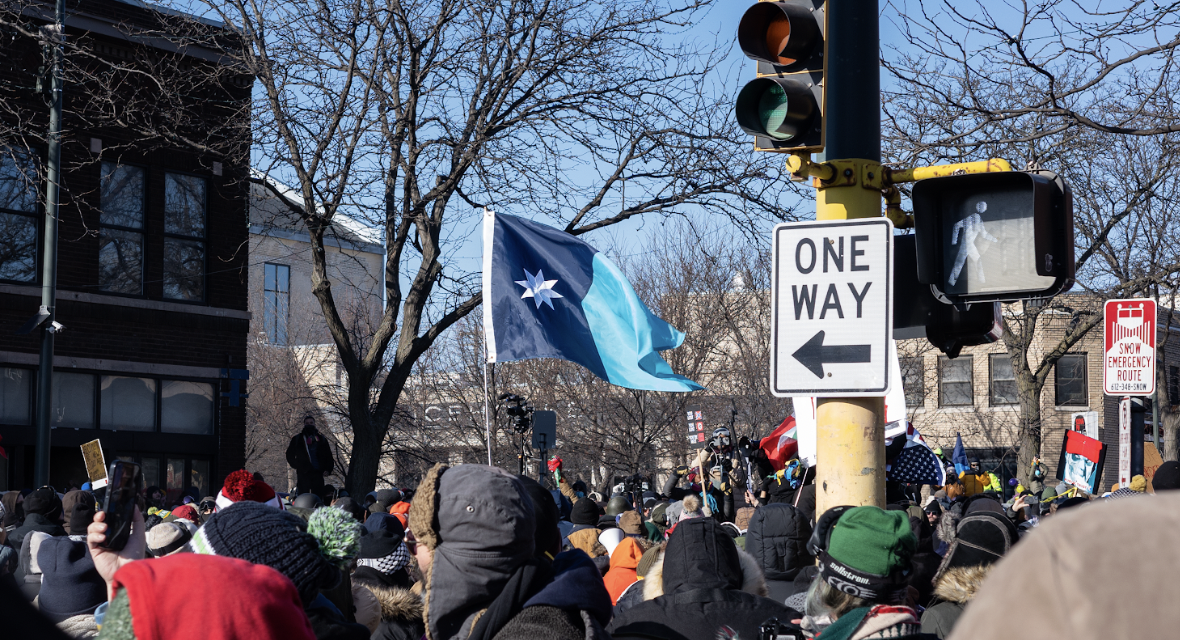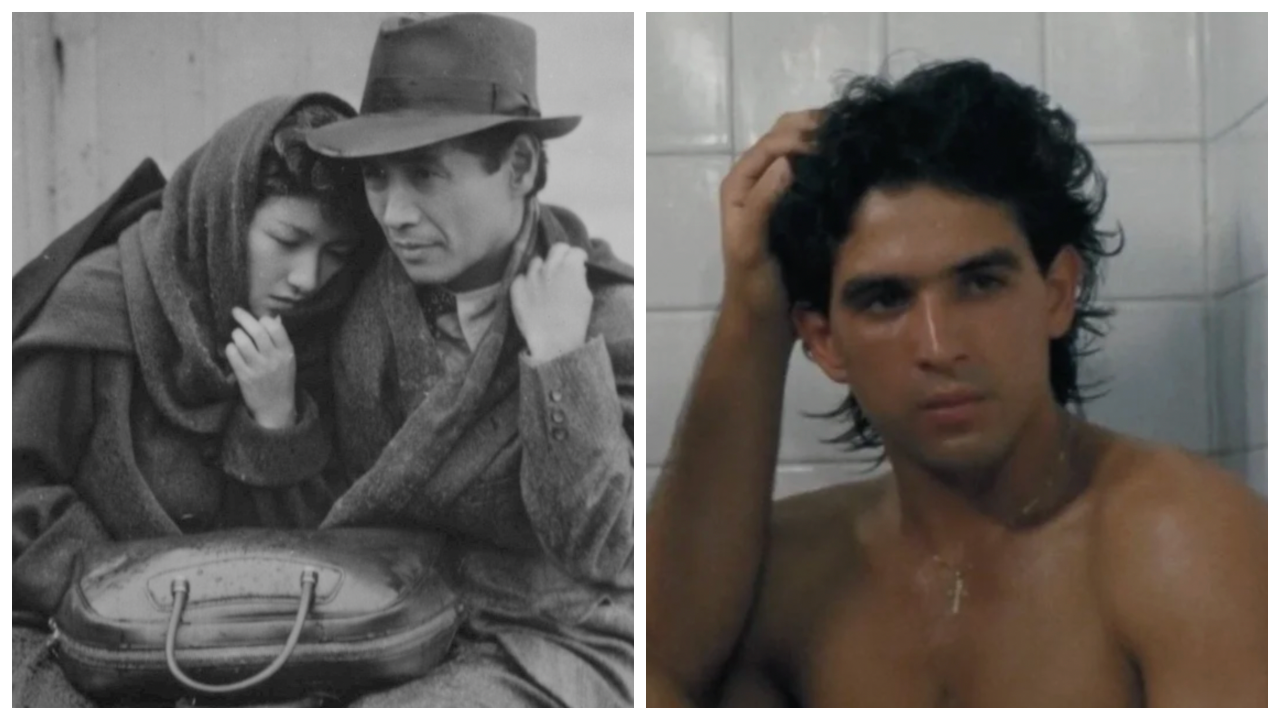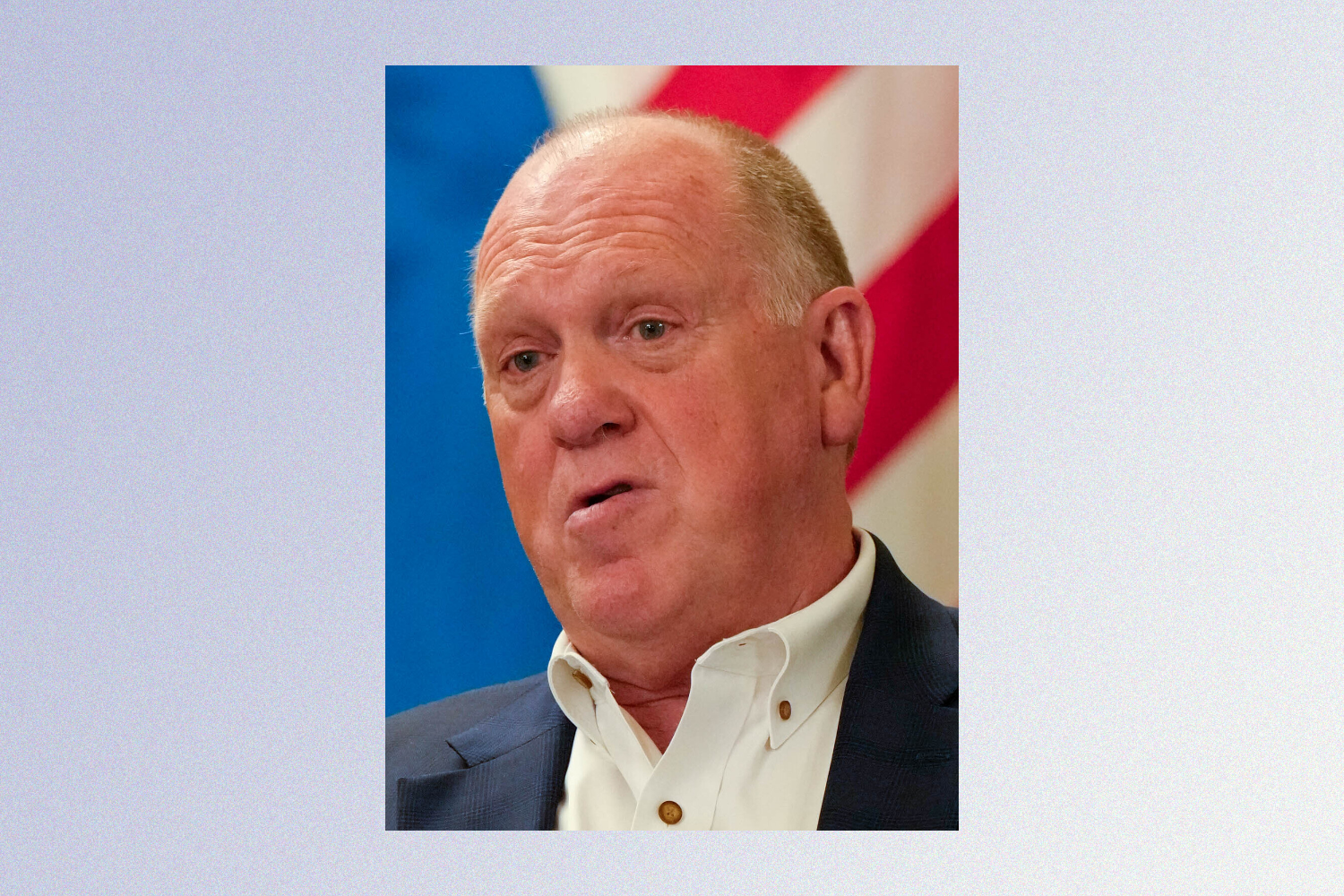Welcome to Racket’s Money Journal series, where you can snoop on the finances of an anonymous Twin Cities neighbor. Interested in submitting your own? Email jay@racketmn.com for instructions on over-sharing the monetary details of your life! H/T to Refinery29 for pioneering a tremendous concept that we’re excited to localize.
Personal Info
Job: Healthcare consultant
Age: 25
Neighborhood: Bloomington
Education: Bachelor’s degree
Dependents: None
Salary: $93,000
Partner’s salary: $83,000
Estimated net worth: $65,000, not counting wedding savings that will soon be spent
Debt
Credit cards: $10,000 in zero-interest accounts presently
Assets
Home equity: $38,000
Savings: $37,000
Expenses
Paycheck amount: $2,275.77 every two weeks for me
Mortgage: $2,775 monthly
Wedding fund (savings that we treat like an expense): $3,800. We are saving over the course of two years for a mid-sized wedding; wedding vendor prices have risen steeply in the past few years here.
Insurance:
- Medical: $48.92 (pre-tax from my paycheck)
- HSA: $7.69 (pre-tax from my paycheck)
- Dental: $12.25 (pre-tax from my paycheck)
- Vision: $0.74 (pre-tax from my paycheck)
- Car: $67.33
- Umbrella: $15.75
- House: Paid out of the mortgage account
401K/retirement: $213.90 for me
Phone: Still on my parents' phone plan.
Subscriptions:
- Personal training: $300/month (I pay for my partner and I to see the same trainer - $150 monthly each in preparation for our wedding later this fall)
- Spotify: $17.17/month
- Peacock: $2.14/month
- Racket: $5/month [Ed. note: Hell yeah.]
- YNAB budgeting tool: $99/year
- Amazon Prime: $139/year
- MyFitnessPal Premium: $80/year
- Instacart+: $79/year
- Doordash Dashpass: $96/year
- Apple iCloud: $2.99/month
Money Talk Q&A
Did your family talk about money growing up?
Yes. It was usually in the context of how your chosen career correlates to the money you might make. My parents didn’t go to college, and my mom had a blue-collar job; my dad did a lot of different jobs. He really wanted me to be financially independent from a partner, so we talked about work a lot. I always knew how much money my dad made, and he would tell me about raises. He never told me what to do with my life, but he definitely guided me towards “practical” careers where monetary success is more easily found.
My dad would also tell me about how to spend money in a larger sense—on experiences, and not on things. We had crappy furniture, but they took me traveling often, including internationally. I loved planning these trips. Starting around age 8, they would just hand me a credit card and tell me the destination and their budget for a hotel/flights, and I would book it all. It’s surreal to reflect on that. My parents gave me many freedoms and advantages they didn’t have.
When I got to be a teenager, I asked my dad if I should get an after-school job. He and my mom both started working part-time at 13 and full-time by age 17. He gruffly dismissed me by saying, “You’ll spend the best years of your life working. Don’t start until you absolutely have to.” My dad retired the same year I entered the workforce at age 22, and we made roughly the same amount that year.
Did you worry about money growing up?
Only because I knew my parents fought about it a lot. My needs were met 100% of the time, and my wants 95% of the time. But it caused a lot of stress in my household, especially in the 2007-2009 era.
At what age did you become financially independent?
I am not and I don’t believe I ever will truly be, because 1.) I started in a place that wouldn’t have been possible without familial support, and 2.) I can take more risks knowing I have that continued support. My parents help me all the time with things that pop up, like unexpected home and car repairs. Knowing I have a safety net like that is an incalculable asset.
How did you learn how to budget your life?
I was lucky to meet my partner when I was a college student, and she turned a lot of my terrible spending habits around. Personal finance is basically one of her hobbies, so she does our budgeting. We have a monthly financial check-in. We set long-term goals together, and she figures out the short-term stuff.
Have you ever received inherited income, major financial gifts, or large insurance payouts?
Yes.
I received a full tuition scholarship to my state university because I got a very good score on a test called the PSAT in my junior year of high school. This is much of the reason I don’t have student debt. If anyone reading has kids in middle school or early high school, I would encourage you to look into this test. I studied for three years for this exam on weekends and in the summers. I was able to do this because I didn’t work as a teen. I genuinely enjoy taking tests. The total granted to me was somewhere around $75,000. My parents had no idea what I was studying for until I got that scholarship letter in the mail.
I inherited around $35,000 when I graduated from high school to use for college living expenses. I spent it all throughout my four years on housing, food, etc. This is the other reason I don’t have student debt.
My parents purchased a car for me with cash when I was 15 and I still drive it today. I think it was about $18,000 at that time. They also helped significantly with some costly repairs on that car a few years ago—probably around $5,000.
Do you worry about money now?
Not day to day. We live a pretty quiet life with our cats (and usually a bunch of foster kittens). Both my future spouse and I are free of student debt because of academic scholarships, our choice of public universities, and luck. I do worry about our long-term financial goals because the world feels so unpredictable. I also wonder about how being two women in a marriage is going to affect our goals. Our earnings potential is lower than a straight couple’s is.
How much do you think a person or household needs to earn to live comfortably in the Twin Cities?
Around $70,000 for an individual with no dependents and minimal debt. This is based off of only my knowledge of my personal situation and my peers’ situations. The people I know who make more than that seem comfortable, and the people who make less have to put more thought into their spending decisions and sometimes forego opportunities.
Money Journal
Day 1
9:32 a.m.: Doordash for some waffles. $23.01.
1:04 p.m.: Raw cat food. $39.16.
1:30 p.m.: Gas. $37.68.
3:49 p.m.: Lucira COVID-19 test. These are expensive, but perform like a PCR (much more accurate than a regular rapid test) so I like to keep one on hand in case of any symptoms. $24.73.
4:40 p.m.: Apple storage + an app. $6.28.
Total: $130.86.
Day 2
11:22 a.m.: Weekly Trader Joe’s haul. $92.56.
11:56 a.m.: Target for all the stuff Trader Joe’s didn’t have. $83.40.
1:40 p.m.: Talk therapy copay. $10.
Total: $185.96.
Day 3
1:29 p.m.: Cat litter at Petco. $40.85.
Total: $40.85.
Day 4
Nothing.
Total: $0.
Day 5
11:12 a.m.: Natural gas bill for the month. $144.29.
Total: $144.29.
Day 6
8:17 a.m.: More groceries for the week at Fresh Thyme. We are pretty picky about food… $85.44.
8:55 a.m.: Valentine’s Day decorations. $9.39.
Total: $94.83.
Day 7
11:14 a.m.: Bona Fide Masks for N95s due to the airborne viral pandemic. These should be on every street corner for free, but alas. $40.95.
5:56 p.m.: Groceries I forgot about. $22.91.
6:45 p.m.: Virtual personal trainer monthly fee. $150.
7:10 p.m.: Amazon Prime movie rental (Frequency—it’s very good). $3.21.
Total: $217.07.
Weekly total: $836.87
We don’t usually spend this much on groceries, but other than that, this was a typical week. We live a pretty simple life and both work from home 99% of the time—this is a HUGE help in reducing unnecessary expenditures.
Thanks to Racket for promoting this kind of transparency and for giving me a cool homework assignment to do over the weekend. [Ed. note: You're welcome! And we're fresh outta Money Journals, so, reader, please submit your own.]







